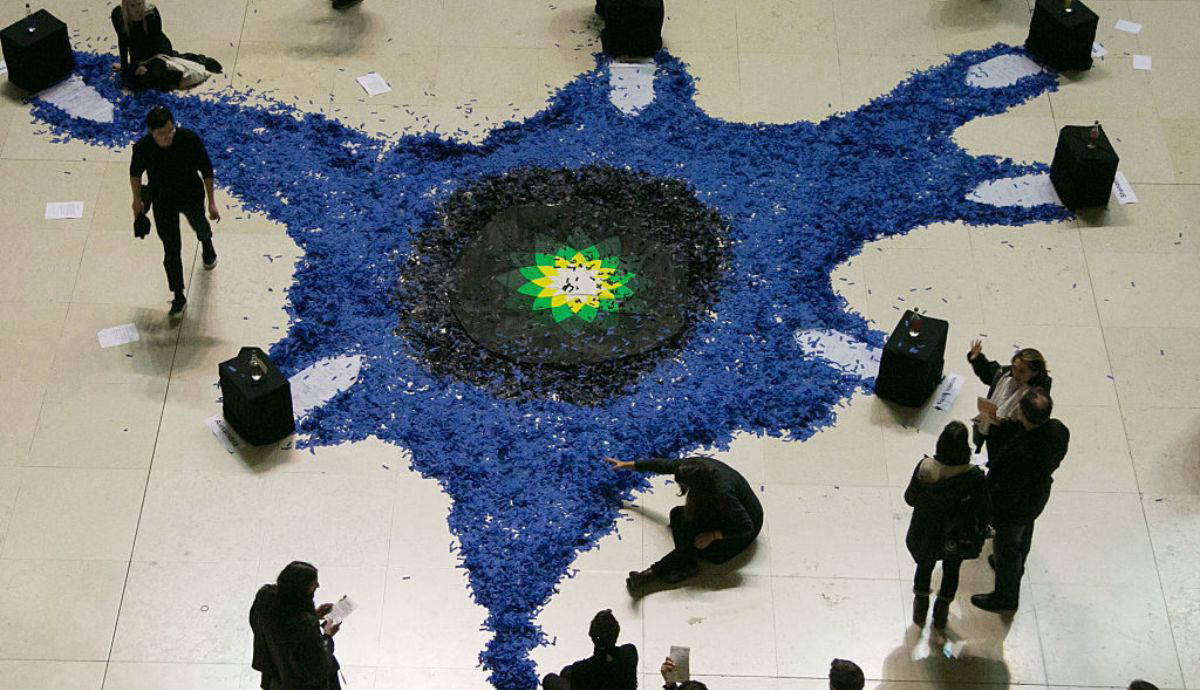
London’s Natural History Museum received criticism for signing a contract with a gagging clause. This means the museum cannot critique a Danish company, which once specialised in oil. But, it is important to say this clause is no longer included in the contract, as accusations would state. The Danish company sponsors for the event’s wildlife photography contest.
London’s Natural History Museum Uses the Tehniques of Greenwashing

The energy company Ørsted – formerly known as Dong – divested from fossil fuels in 2017, the year after it started sponsoring the Wildlife Photographer of the Year competition. The exhibition highlighted as not providing “any context about the oil industry’s negative environmental impact on marine ecosystems”, took place in 2016.
The company had a big investment in oil and gas in 2016. The Natural History Museum committed not to say “anything” that could “harm the reputation” of the business. The museum decided not to respond to these false accusations.
One wall text at the 2016 exhibition stated: “Drilling for oil is not beneficial for wildlife, yet oil rigs can provide shelter and a rich food supply for many animals including Brandt’s cormorants.” The museum is a natural history institution supported by tax dollars. Others also called out the company. The company also faced criticism for using sponsoring tactics to influence public discourse on environmental issues – referred to as “greenwashing”.

“It is totally unacceptable that, when the public walks through the doors of British museums, the information they consume is under control by large corporations”, Robin Wells, a representative from the advocacy group Fossil Free London said. The museum renewed its agreement with the energy business in the fall of 2020. But, it is important to say that clauses preventing the museum from criticising corporate partners are no longer included in new contracts.
“We retain absolute editorial control over all our exhibitions” – The Museum

A representative for the Natural History Museum released a statement. “We retain absolute editorial control over all our exhibitions. Any suggestions sponsors have influence over the content we share is categorically untrue”, the representative said.
Environmental organizations highlighted questions about how big businesses could use sponsorship money to sway public opinion on environmental issues. Also, all British museums and art institutions are being urged by the advocacy organization Fossil Free London to stop signing agreements with major corporations that include this kind of clauses.

A spokesperson for Ørsted also spoke their mind. The company said they didn’t attempt to sway the Natural History Museum’s opinions or impair its capacity to offer its customary high standard of unbiased, critical, fact-based commentary on any area of the energy industry sector.










